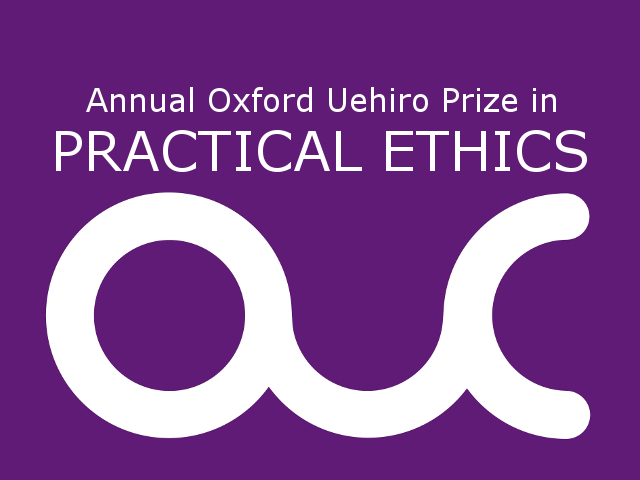Written by Cristina Voinea
2024 is poised to be a challenging year, partly because of the important elections looming on the horizon – from the United States and various European countries to Russia (though, let us admit, surprises there might be few). As more than half of the global population is on social media, much of political communication and campaigning moved online. Enter the realm of online political microtargeting, a game-changer fueled by data and analytics innovations that changed the face of political campaigning.
Microtargeting, a form of online targeted advertisement, relies on the collection, aggregation, and processing of both online and offline personal data to target individuals with the messages they will respond or react to. In political campaigns, microtargeting on social media platforms is used for delivering personalized political ads, attuned to the interests, beliefs, and concerns of potential voters. The objectives of political microtargeting are diverse, as it can be used to inform and mobilize or to confuse, scare, and demobilize. How does political microtargeting change the landscape of political campaigns? I argue that this practice is detrimental to democratic processes because it restricts voters’ right to information. (Privacy infringements are an additional reason but will not be the focus of this post).
Read More »Political Campaigning, Microtargeting, and the Right to Information



